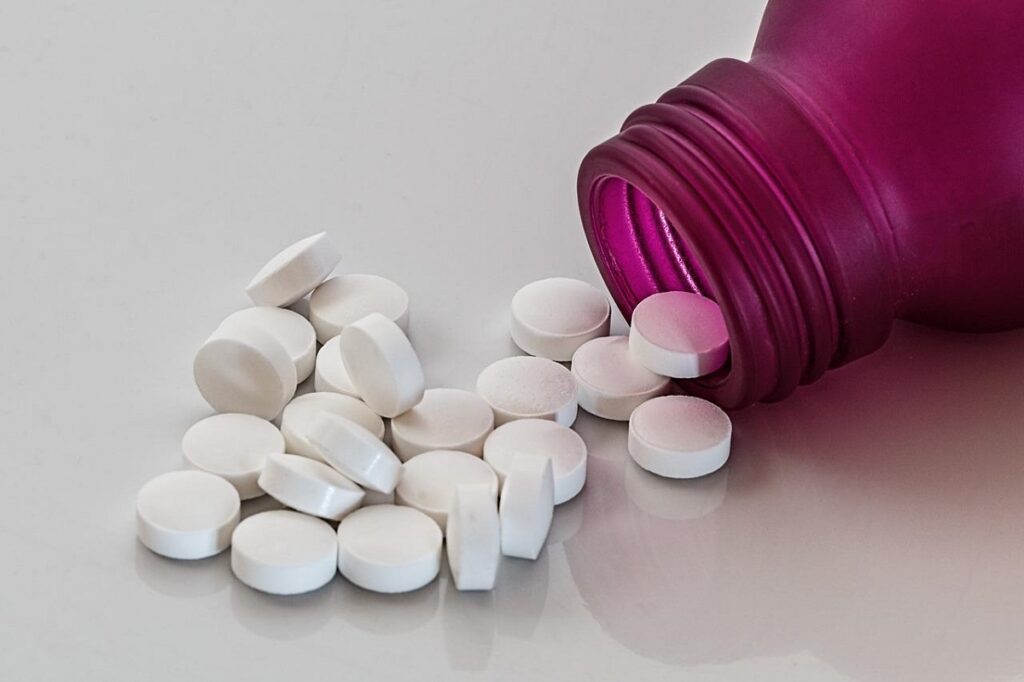The U.S. was solely responsible for 61% of medicines approved by the U.S. Food and Drug Administration (FDA) between 2011-2020, says a new report published Monday by Vital Transformation, a healthcare research consultancy. Furthermore, a majority (55%) were developed by small biotech companies.
Small venture-capital-backed startups are shown to be key drivers of innovation. From 2011-2020, FDA approved 363 medicines, with 223 originating in the United States. Of approved drugs, 120 (55%) were developed by companies with less than $500 million in revenue, and 45% were fully discovered by small biopharmaceutical companies on their own without an academic or government transfer of intellectual property.

The private sector, small biotech firms drive most drug development
We know large firms often step in after FDA approval, buying licenses from small innovators to provide large-scale manufacturing and marketing. However, the research finds these partnerships go both ways. About one-third of therapies originating in large firms are later sublicensed to small firms for production. This is especially true for rare-disease treatments serving smaller patient populations.
Overall, private partnerships for research are increasing. The median value of U.S. external partnerships tripled between 2011 and 2021, with partnerships helping drive robust development.
NIH’s Cooperative Research and Development Agreements and intermural grants produced four of the 363 new drugs developed between 2011-2020, while “U.S. academic institutions created 10% of all indigenously originated IP.”
Although the contribution of the National Institutes of Health (NIH) in drug discovery is crucial, the NIH is not directly responsible for the majority of new therapies, the report says.
U.S. dominance challenged
According to data, the number of venture-backed biopharmaceutical start-ups in Asia, primarily driven by China, has reached 93 startups. This is about equal to that of the United States for the year. On the other hand, Europe was comparatively flat with 44 biopharma startups.
The study shows “remarkable overall R&D productivity of U.S.-based biopharmaceutical enterprises” and “interdependence of the various large and small, public, and private actors that contribute to this flexible ecosystem,” says Hans Sauer, the Biotechnology Innovation Organization (BIO) Vice President for Intellectual Property. “We shouldn’t take such successes for granted. It is critical that we maintain rational policies” that enable successful research, development, and market entry of new medicines.
The study was produced with support from BIO.
In 2010, Robert Kneller issued a landmark study explaining the value of biotech to the U.S. and worldwide innovation ecosystem. Back then, the study showed that around half of the scientifically innovative treatments =approved were drugs first developed by biotechnology companies or universities.
The new study by Vital Transformation analyzed a group of treatments approved by the FDA in the period from 2011 until 2020. The study demonstrates the ecosystem dynamics of internal/external IP innovation as well as the involvement of NIH and the government in novel intellectual property creation.




